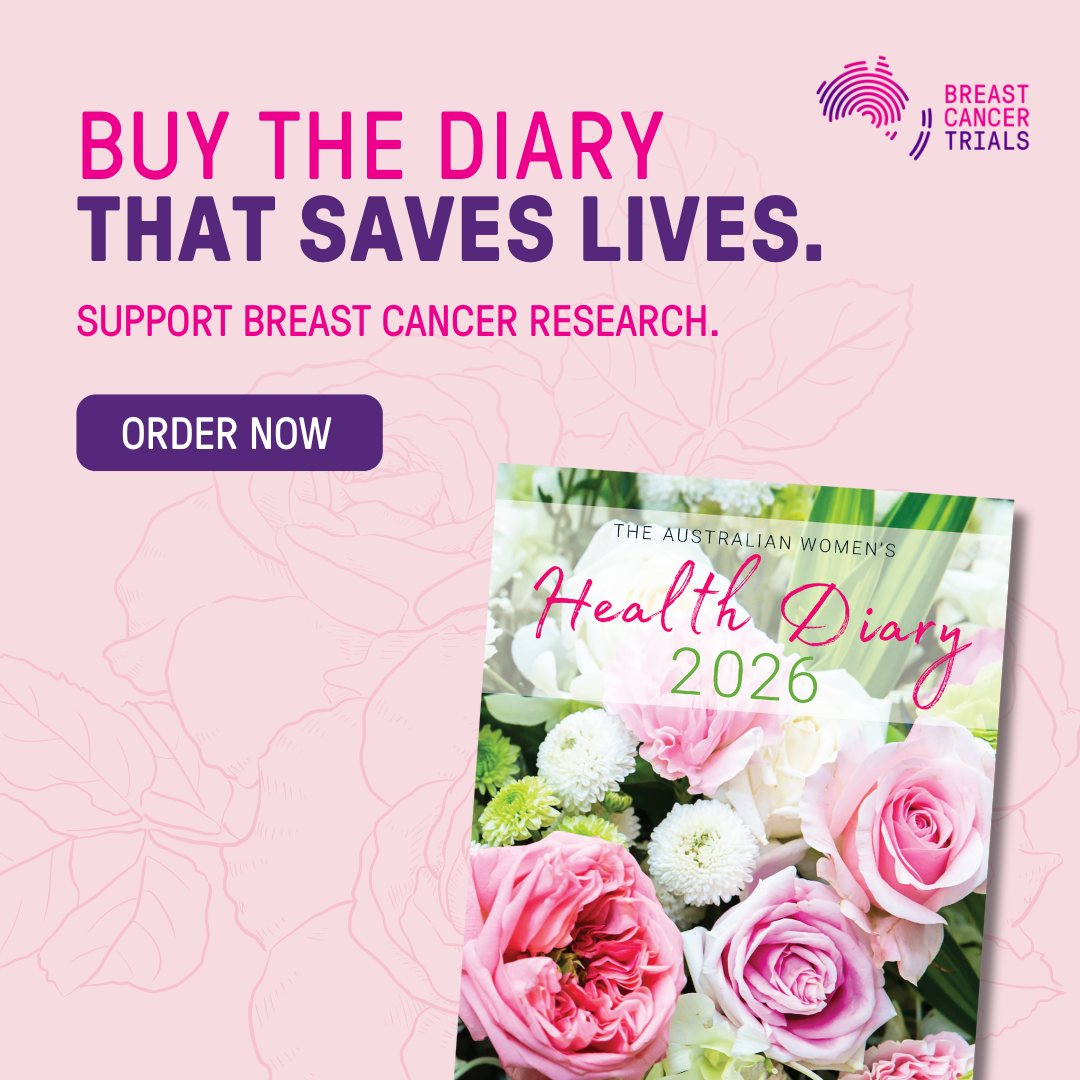When we romanticise the past, there’s a risk of airbrushing out the facts and returning to a misty-eyed version of reality that never really existed.
As the ‘sober curious’ movement continues to grow, some are arguing Australia’s prosperity was built on the backs of drinkers.
We’re seeing a flurry of think pieces positing that teetotallers are free-loading bludgers and a drag on the economy, and the rising abstinence trend poses a fiscal and existential threat.
It’s a dangerous message that flies in the face of the evidence. So too is the assertion that alcohol is the social glue holding society together, or that the antidote to youth loneliness is to pour more beer on the problem.
But let’s start with the economics. Alcohol does not boost the economy — it drains it. The cost of alcohol harm is almost $67 billion a year in health impacts, alcohol-related violence, road trauma and criminal justice system costs.
Alcohol-related absenteeism alone costs Australian businesses $3.6 billion a year, and lost productivity $2.5 billion. Amidst a national crisis of gendered violence, it’s worth noting that alcohol is involved in between 23 per cent and 65 per cent of all police-reported family violence incidents.
Any fiscal benefit the alcohol industry generates is massively outweighed by the avalanche of social and economic costs borne by the community.
To argue that young people’s loneliness could be solved by encouraging them to drink more is both patronising and profoundly irresponsible.
Not only does it ignore factors driving youth isolation and mental distress – such as housing insecurity, cost-of-living pressures, disruptive technology and imminent climate collapse – it betrays a fundamental misunderstanding of the impacts of drinking on the brain.
Alcohol is a central nervous system depressant. It means the short-term rush of euphoria is quickly followed by a crash that leads to disrupted sleep, diminished capacity to manage mood, and elevated feelings of anxiety and depression.
For those already grappling with mental ill health, it’s like putting a band-aid on a bullet wound, and may be a dangerous trigger – alcohol is involved in up to a quarter of all suicides in Australia.
Psychological distress is an inner warning signal that something is not right. Rather than encouraging people to dull the pain by drinking, we should be urging them to listen to what their brain is telling them and seek support to make changes.
Loneliness is not a surface level issue you can fix with a night out drinking. It’s a much more complex state of feeling unseen and disconnected from your tribe.
Alcohol may facilitate short-term social interactions but it rarely leads to enduring connections. In fact, drinking too much impairs judgement and increases impulsivity, which can disrupt relationships rather than build them.
The alcohol industry has spent decades, and billions of dollars, on sophisticated marketing trying to convince consumers – particularly young people – that drinking is the gateway to belonging and a coping tool for life’s challenges.
What they’d rather you didn’t know is that alcohol impedes people’s ability to form genuine relationships and develop life-long coping mechanisms, which only heightens feelings of isolation.
Deep, psychologically-safe connections are formed when people see us for who we are and accept us regardless. Alcohol masks our true selves.
When people come to Hello Sunday Morning looking for help to change their relationship with alcohol it’s often because they’re tired of pretending. They’re tired of waking up anxious and depressed. They’re tired of the strain drinking puts on their relationships.
Young people are leading the changing culture, with more of them choosing not to drink than ever before. Those who do are drinking more moderately and less often than previous generations at the same age.
The proportion of Australians aged 18 to 24 who drink less than once a month has jumped from 13.6 per cent in 2001 to 20 per cent, or one in five.
And far from hurting the economy, these non-drinkers are driving it. The non-alcoholic drinks sector is now the fastest growing category of beverages, forecast to grow from $4.5 billion today to $45 billion in 2029.
At a time of great social, economic and environmental volatility, young people are increasingly realising that life is too short to be wasted.
They’re choosing clarity over conformity, and grabbing life with both hands. In 35 years of working at the coalface of the alcohol and other drugs field, I have never seen a more significant cultural shift.
It’s time to move away from outdated, binary thinking, where drinkers are fun and valued, and abstainers are killjoys dragging down GDP.
Rather than lamenting the rising tide of sobriety as a betrayal of civic duty, we should be celebrating it as a welcome sign of a healthier society.
Become a Women’s Agenda Foundation member and support our work! We are 100% independent and women-owned. Every day, we cover the news from a women’s perspective, advocating for women’s safety, economic security, health and opportunities. Foundation memberships are currently just $5 a month.
Bonus: you’ll receive our weekly editor’s wrap of the key stories to know every Saturday.


